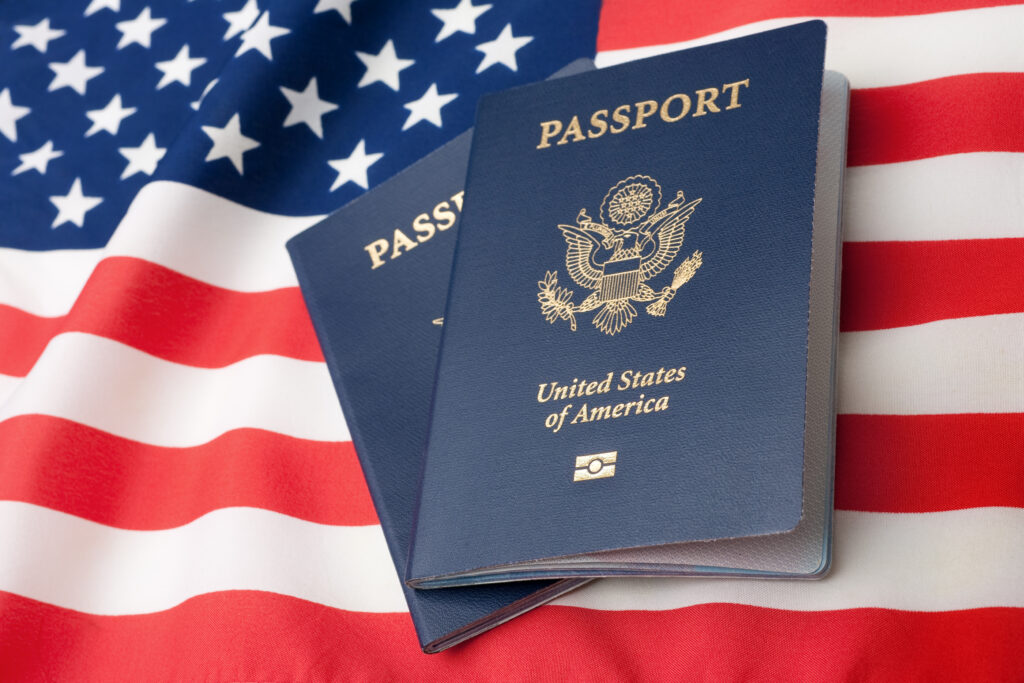The 1648 Law That Changed the Course of the World…

What is citizenship?
Given the number of people looking for a second passport—not to mention the thriving industry catering to them—it’s a rarely-asked question.
But if you’re in the market for one, you need to think carefully about the answer…
Much contemporary talk about second passports is shaped by the flexibility they provide, not the deep connection to another country they require. (Indeed, until recently, some countries sold passports to people who never set foot there.) It’s easy to forget about the country behind the paperwork.
Of course, most people alive today got their citizenship through birth. For them, citizenship just is, like breathing air, drinking water, and eating food. It’s not something they need to think about.
Until, of course, they try to settle in another country. Then they quickly discover that citizenship isn’t just about belonging to one nation: it’s about not belonging to all the others.
Modern citizenship is becoming more exclusive. The United States and Britain—with Trump’s election and Brexit, respectively—voted for massive policy changes based on the desire to restrict citizenship, and therefore presence within the national territory, to the native-born. European countries that once granted citizenship easily, like Italy, are making it much more difficult to get. Countries like Hungary and Poland are chafing at the internationalist principles that European Union membership entails.
But citizenship wasn’t always like this. In fact, it’s a relatively recent invention.
To the ancient Greeks and Romans, citizenship was a status conferred on people allowed to make the rules that governed everyone else. To be a citizen, you just needed to be rich and powerful.
In the medieval period, nobody was a citizen. Everyone was the subject of a monarch. People moved easily from one place to another. They just had to accept the sovereignty of the local ruler when they arrived. Feudal sovereignty was flexible. Monarchs could get new subjects just by marrying someone from another country’s ruling family.
The key shift was the Treaty of Westphalia in 1648, which ended Europe’s 30 Years’ War. Rival German princes had been warring over feudal rights. To prevent future conflicts, the Treaty adopted the principle of nation-state sovereignty. The “nation” was based on language, culture, and history. The “state” was the set of institutions that governed the nation. Each nation-state had formal boundaries and sole authority over affairs within that territory and none outside it. It no longer mattered who the king married.
By the 18th century, the notion that one could simply leave one nation and live in another was becoming problematic. As ordinary people began to gain more political power, they became sensitive about sharing it—especially the emerging urban middle class, who didn’t want competition.
The American and French Revolutions then introduced the idea of popular sovereignty and a social contract based on citizenship. This gave ordinary people (men) a critical stake in national sovereignty… and an incentive to deny it to others.
Still, as late as the beginning of the 20th century, people commonly traveled from country to country without a passport. Hundreds of thousands arrived at Ellis Island without them.
But in the aftermath of World War I, nation-states everywhere adopted passports. People had suffered or benefited based on their nationality. Distinguishing citizens from non-citizens was imperative, especially in Europe, where governments began to adopt costly social welfare programs for their citizens (with the hope of warding off mass revolt or revolution).
Accordingly, in 1920 the League of Nations adopted universal standards for passports, including size, the inclusion of a photograph, and required details. By World War II, it was impossible to travel internationally without one.
But the exclusiveness of the citizenship underlying modern passports has waxed and waned over the decades.
Next week, I’ll explain how and why… and what could be coming next.
Not signed up to Jeff’s Field Notes?
Sign up for FREE by entering your email in the box below and you’ll get his latest insights and analysis delivered direct to your inbox every day (you can unsubscribe at any time). Plus, when you sign up now, you’ll receive a FREE report and bonus video on how to get a second passport. Simply enter your email below to get started.
